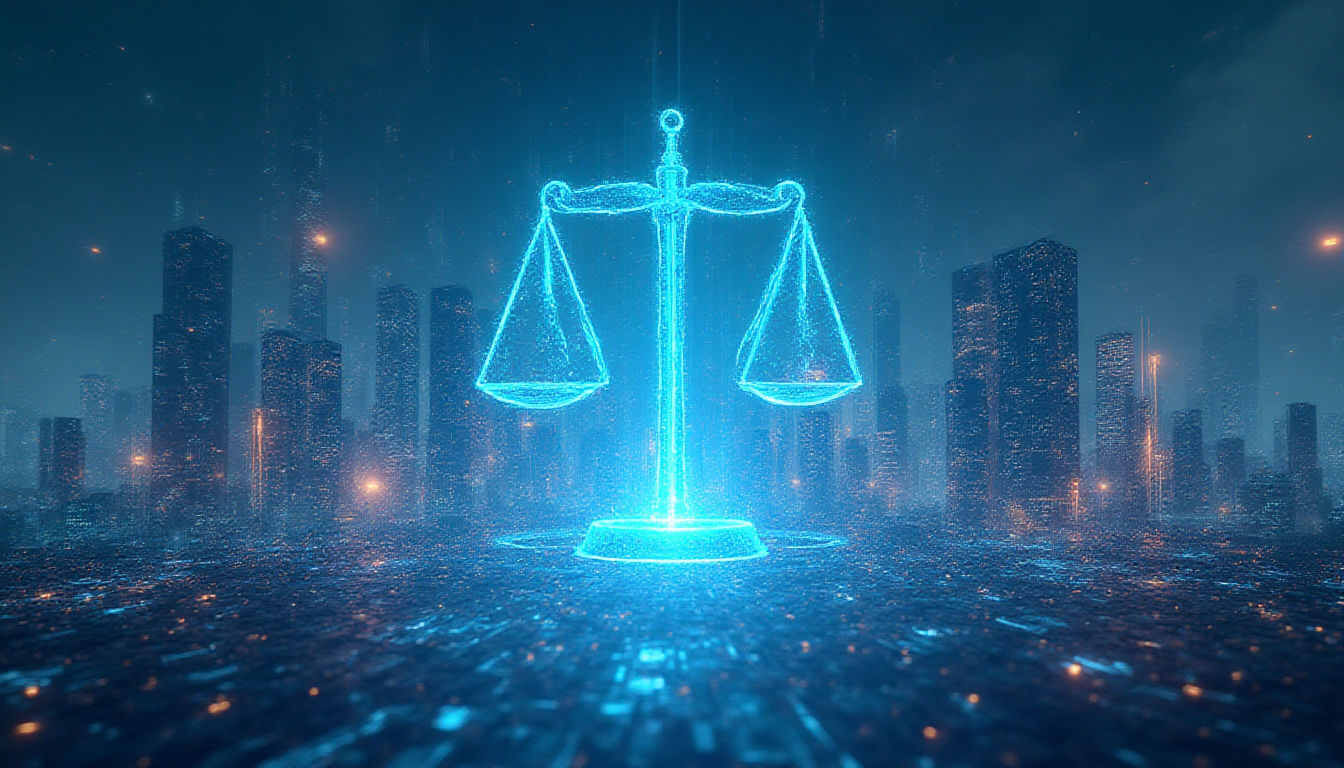Introduction
In a rapidly evolving technological landscape, the Anthropic copyright settlement marks a critical juncture in the realm of AI copyright. The agreement, in which Anthropic conceded to pay at least $1.5 billion to settle allegations of copyright infringement, raises profound implications for AI developers and poses questions about the future of copyright law in the digital age. This settlement is not only emblematic of the tensions between innovation and intellectual property rights but also sets a new standard in how these disputes may be resolved. As the largest settlement of its kind in U.S. history, it is poised to reshape how AI companies like Anthropic navigate the intricacies of copyright clauses while advancing technological progress.
Background
The legal battle against Anthropic unfolded amid an accusation that the company unlawfully siphoned books to train its AI models—specifically, their flagship AI, Claude. Authors asserted that their intellectual property was compromised, alleging that Anthropic downloaded their books without proper authorization or compensation. The resulting settlement of at least $3,000 per affected work is monumental, underscoring the financial ramifications of copyright violations in the AI industry (source: Wired).
Despite the hefty settlement, Anthropic did not admit to any wrongdoing, a common stance in legal settlements to save face while mitigating financial liabilities (TechCrunch). Such settlements often serve as a cautionary tale, signaling to other AI companies the need for vigilance and compliance with copyright laws.
Current Trends in AI Copyright
The Anthropic settlement is the latest thread in a broader tapestry of AI copyright infringement cases, which have emerged as a salient issue within the tech industry. Previous cases have set varying precedents, but none have reached the financial heights of this settlement. As AI technologies become increasingly sophisticated, concerns about the unauthorized use of copyrighted material have intensified. These developments prompt a critical reassessment among AI developers, content creators, and legal professionals.
Companies like Anthropic play a dual role as both pioneers in AI advancement and as key players in ongoing discussions about intellectual property rights. The settlement illustrates not only a legal battle but also a fundamental conversation about ownership and the ethics of AI training practices.
Insight into Settlement Impact
From an analytical standpoint, the implications of the Anthropic copyright settlement ripple both within the company and across the entire AI sector. Anthropic now finds itself at a crossroads, grappling with the need to re-evaluate its methodologies and to adopt more stringent measures to avoid future conflicts. Moreover, this case could establish a legal precedent, offering a new framework for how copyright disputes involving AI might be litigated in the future.
Industry experts, such as Aparna Sridhar and Maria Pallante, have voiced that such a precedent not only affects legal strategies but also influences business models as AI entities strive to innovate responsibly without encroaching upon intellectual property rights. Such settlements may encourage AI companies to invest in alternative methods of data acquisition, possibly broadening collaboration with publishers and authors.
Forecast for the Future of AI and Copyright
Looking ahead, the Anthropic copyright settlement sets the stage for potential shifts in AI training practices and copyright legislation. As AI continues to evolve, companies may need to adapt by implementing more robust systems to ensure compliance with existing copyright laws. The landscape may also witness the introduction of new regulatory frameworks designed to protect both AI innovation and intellectual property rights effectively.
The settlement hints at a future where businesses within the AI industry could prioritize legal compliance as part of their innovation strategy. Furthermore, there may be increased advocacy for legislative updates that provide clearer guidelines on the use of copyrighted materials in AI training—akin to crafting a roadmap for ethical AI development.
Call to Action
As the AI copyright narrative continues to unfold, staying informed is crucial. Readers are encouraged to engage with ongoing developments in AI copyright laws and to ponder the ethical dimensions of AI training methodologies. Subscribing to updates from authoritative sources or participating in industry discussions can provide valuable insights into how these dynamics will shape the technologies that increasingly underpin our daily lives.
Keep abreast of future articles and continue to be an informed voice in the dialogue concerning AI, copyright, and innovation in the digital era.
